I've heard many inaccurate things about Google this year, and most of them are spread by word of mouth. Maybe Google should do a better job at explaining things that may seem trivial to computer experts, but difficult understand for other people.
1.
Google Desktop indexes your files and uploads the index to Google's servers. (
Michael Arrington)
No. Google stores the index on your computer. If you enable a feature called "
search across computers", Google will securely send copies of your indexed files to Google servers. The feature is disabled by default.
2.
Gmail indexes your emails and makes them available for everyone. (
Darbacour)
No. Google indexes your messages so you can search them. This feature is now available in other webmail applications (Yahoo Mail, Windows Live Mail). Google doesn't make your messages or the indexes public.
3.
Google doesn't delete my Gmail messages.In order to keep your email safe, Google needs to have multiple backups of your data. "You may organize or delete your messages through your Gmail account. (...) Residual copies of deleted messages and accounts may take up to 60 days to be deleted from our active servers and may remain in our offline backup systems." (
Gmail Privacy Policy)
4.
Google doesn't improve search anymore to increase its earnings from ads.
You may not perceive too many changes in Google search, but Google tweaks its algorithms often to improve search results quality, removes spam sites and tries to add more fresh results. On the visible side, Google added
search refinements, more
direct answers,
malware warnings and
address recognition.
5.
Search results should be ranked by people, not by algorithms.Google uses the links from other pages the determine the importance of a page, and those links were placed by humans. Google also monitors user's clicks to determine if the search results are relevant.
6.
Google is spyware."Spyware is software that reports on your activities or gathers personal information about you and sends it via the Internet to third parties
without your knowledge or consent." If you use software like Google Toolbar or Google Desktop, some features may send personal information to Google, but most of them are either turned off by default or require your explicit approval. Google also uses cookies to save your preferences and records queries, clicks, usage patterns to deliver better results. The problem is not that they record it, it's what they do with it. And Google tries to protect it from third parties (like
US Government).
7.
Google Earth shows real-time images.No, what you see "are photographs taken by satellites and aircraft sometime in the last three years".
8.
Google is the best search engine that will ever be built.Google is far from a search engine that "understands exactly what you mean and gives you back exactly what you want". But its goal is to reach that state. (
Google's philosophy)
9.
Google favors Wikipedia, Technorati, blogs.Well, not exactly. These sites happen to have many backlinks, and oftentimes quality links. I know many people that link to Wikipedia to show an explanation for a concept or an acronym, link to Technorati to tag their blog posts or link to blogs because they are infectious.
10.
Google will take over the world.Those who control information, control the world. Hopefully Google will be a
benevolent dictator (guess what? I linked to Wikipedia).
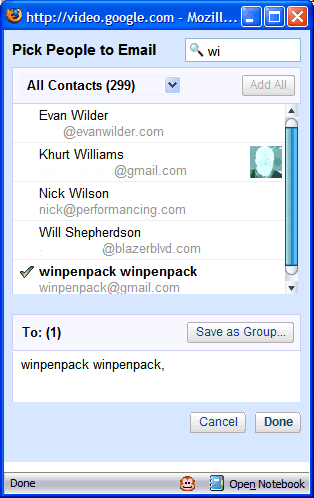
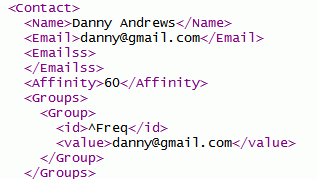
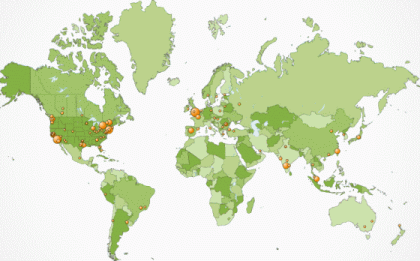 Top countries:
Top countries:
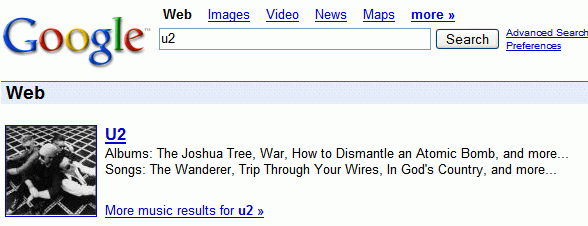
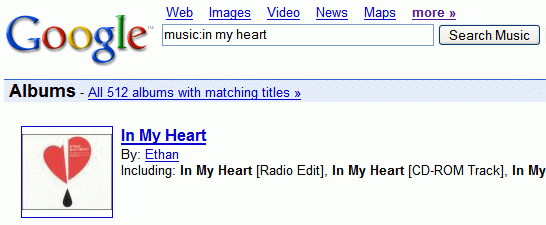

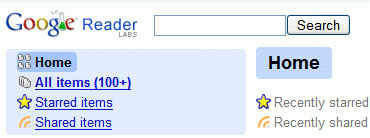
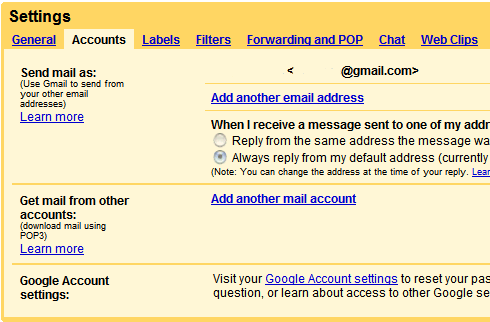
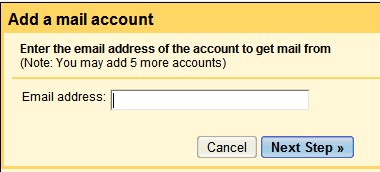
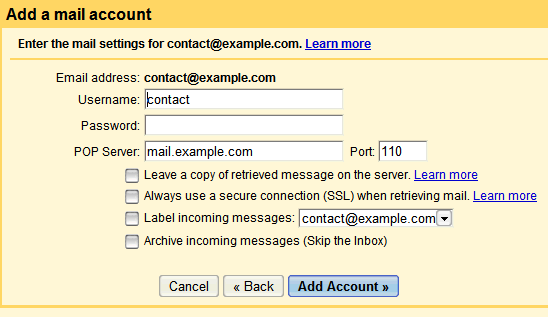
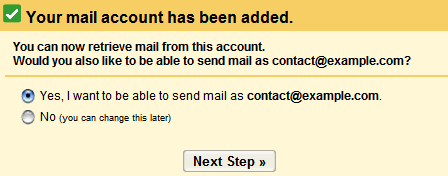


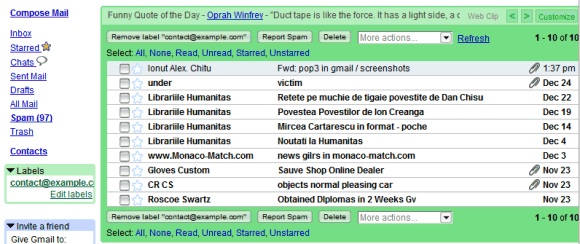
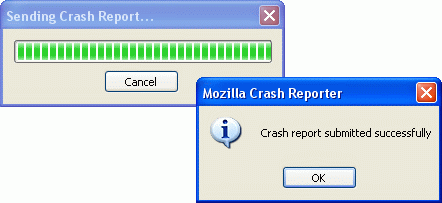
 These holidays,
These holidays, 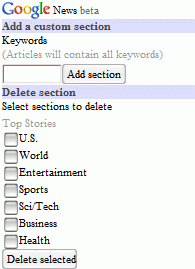 The mobile version of Google News, easily accessible at news.google.com on your mobile phone,
The mobile version of Google News, easily accessible at news.google.com on your mobile phone, 